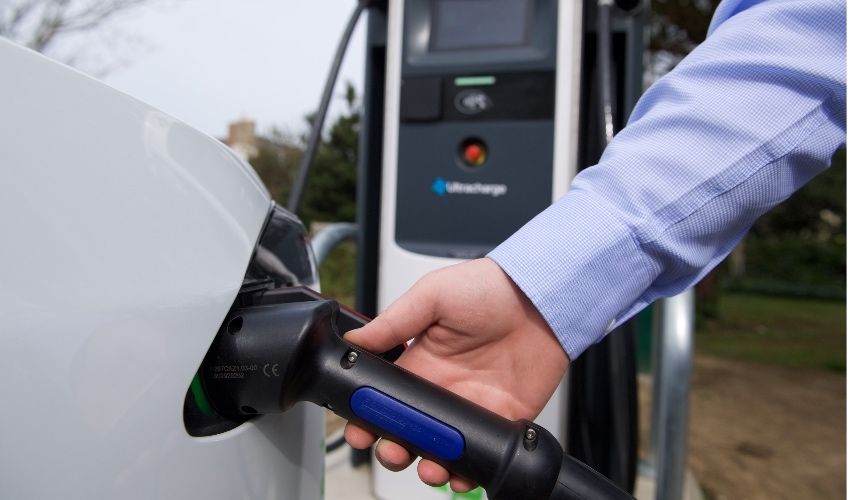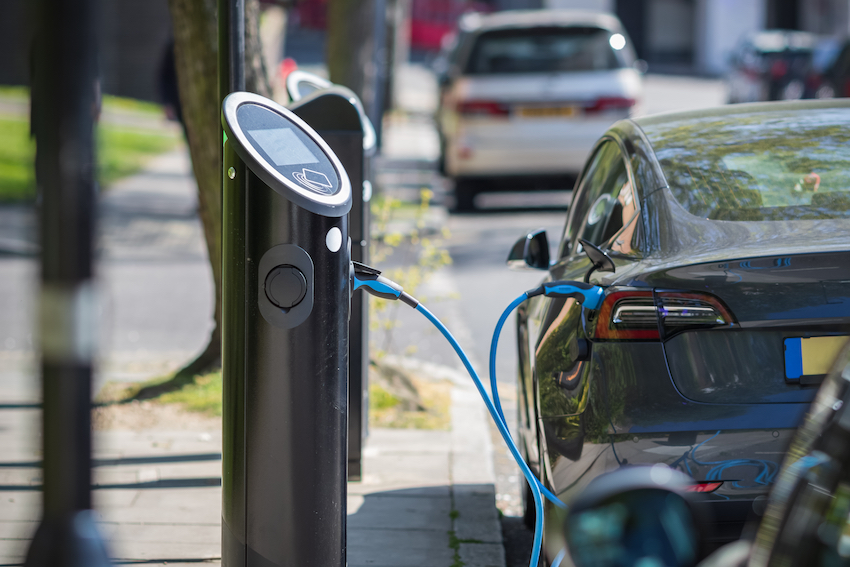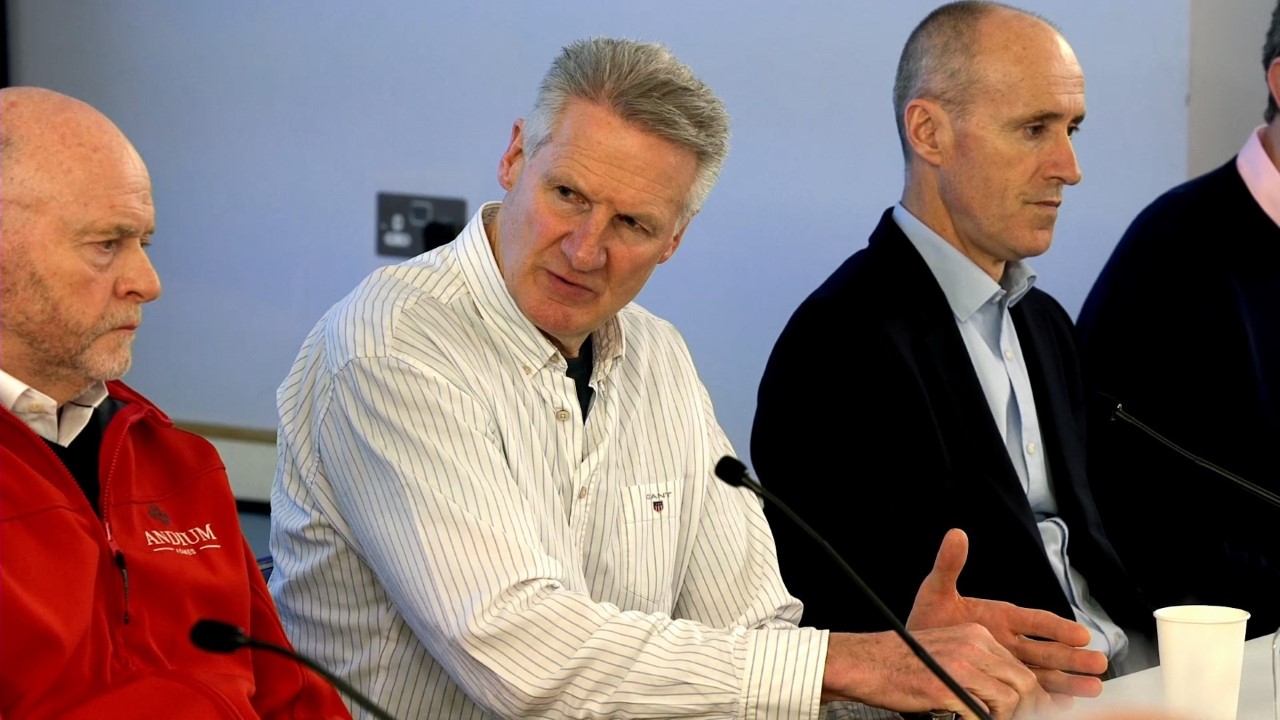


Roughly one-in-45 local vehicles are now electric, new figures have revealed, with just seven years to go before the sale of new petrol and diesel vehicles is banned in the island.
But, as the number of electric vehicles in Jersey surpasses 2,000, concerns have been raised about the Government’s commitment to make sure there are enough public charging points.
Although there is no official figure for the number of vehicles on the road, the most recent best estimate is around 90,000, meaning that 2.2% of vehicles are electric, or one-in-45.
There are currently 109 public charging points across the island, all installed by the JEC, representing one public charger per 18 electric vehicles.
These are currently under-utilised with the vast majority of electric vehicles being charged by their owners at home.
However, the Government’s approved Carbon Neutral Roadmap – which sets the island on a trajectory towards net-zero carbon emissions by 2050 – proposes bringing into force legislation that prohibits the importation and registration of petrol and diesel cars and small vans in 2030 “at the latest”.
It also seeks to extend this to other categories of vehicle between 2030 and 2040.

Pictured: Jersey currently has no street-side charging points in key residents' parking areas such as Stopford Road.
Former Environment Minister Steve Luce, who now chairs the Environment, Infrastructure and Housing Scrutiny Panel, is concerned that the Government is not doing enough to meet its own target.
He said: “In the not very distant future, people will be looking to charge their cars everywhere, and while at the moment most islanders who buy an electric car probably have a garage or space to charge it, that won’t be the case for ever.
“The Government’s answer is to say that the JEC is installing charging points, but this is a private company and the JEC aren’t installing them in the street.
“Also, they are not obliged to ensure a Government decision is achievable.
“If we’re serious about achieving carbon neutrality, then someone has to start working on it now. It’s not that long until someone wanting a new car will have to buy an electric one.”
Asked about the lack of charging points by Deputy Luce at a panel hearing this week, Infrastructure Minister Tom Binet said: “I’m not aware of it being a huge issue over here. Capacity is running ahead of vehicle sales at the moment.
“Most people would charge them at home, I imagine, seeing that we’re not into long-distance travel here.
“We do have to plan for the future but there is currently a lot of capacity.”

Pictured: Infrastructure Minister Tom Binet said that "capacity is running ahead of vehicle sales at the moment".
The Times reported this week that, in the UK, there were 36 electric vehicles per standard public charger, compared to 31 at the end of 2021.
However, in the northwest of England, there were 85 electric vehicles to every charger, compared with 49 in 2021.
Like Jersey, the UK is proposing banning the registration of new petrol and diesel cars from 2030, with new hybrid cars banned from 2035.
At the end of 2018, there were 441 electric vehicles registered in Jersey, meaning there has been a four-fold increase over the past five years.
This year, the island’s first electric motorhome has been registered.
Meanwhile, the Government has said that it will include "the principles of the long-term financing strategy" to fund achieving carbon neutrality in the next Government Plan, which will be presented in the autumn and debated in December.
Responding to a written question by Deputy Max Andrews, Environment Minister Jonathan Renouf admitted: "These principles will cover the anticipated role of private financing in securing the long-term financing for the path to net zero emissions.
"More detailed policy development work is underway to cost and profile the full expenditure for the net zero transition and how this could be funded.
"I anticipate that the full long-term financing strategy will be bought forward for the States Assembly’s agreement in Government Plan 2025, and while it will focus on the Government expenditure on the net zero transition it is likely to consider the role of private financing as an enabler."
Currently, incentive schemes such as subsidies to buy electric bikes and boilers are being funded through a £23m 'Climate Emergency Fund' which was set up in 2020 with an initial £5m contribution from taxpayers followed by vehicle-related duty payments.
Comments
Comments on this story express the views of the commentator only, not Bailiwick Publishing. We are unable to guarantee the accuracy of any of those comments.